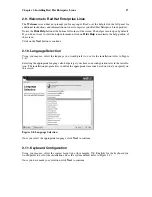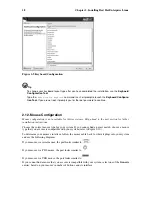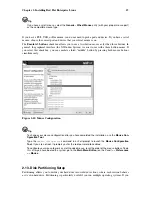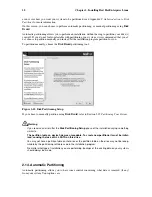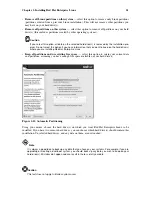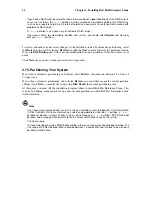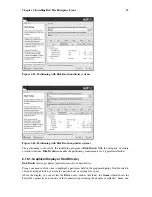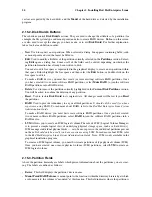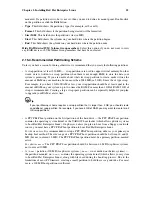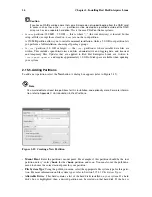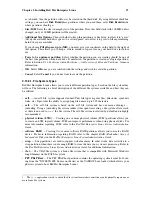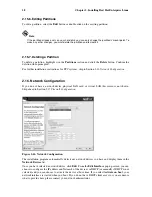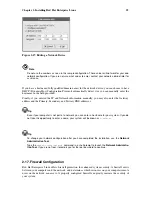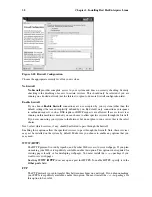
30
Chapter 2. Installing Red Hat Enterprise Linux
Figure 2-18. Firewall Configuration
Choose the appropriate security level for your system.
No firewall
No firewall
provides complete access to your system and does no security checking. Security
checking is the disabling of access to certain services. This should only be selected if you are
running on a trusted network (not the Internet) or plan to do more firewall configuration later.
Enable firewall
If you choose
Enable firewall
, connections are not accepted by your system (other than the
default settings) that are not explicitly defined by you. By default, only connections in response
to outbound requests, such as DNS replies or DHCP requests, are allowed. If access to services
running on this machine is needed, you can choose to allow specific services through the firewall.
If you are connecting your system to the Internet, but do not plan to run a server, this is the safest
choice.
Next, select which services, if any, should be allowed to pass through the firewall.
Enabling these options allow the specified services to pass through the firewall. Note, these services
may
not
be installed on the system by default. Make sure you choose to enable any options that you
may need.
WWW (HTTP)
The HTTP protocol is used by Apache (and by other Web servers) to serve webpages. If you plan
on making your Web server publicly available, enable this option. This option is not required for
viewing pages locally or for developing webpages. You must install the
httpd
package if you
want to serve webpages.
Enabling
WWW (HTTP)
does not open a port for HTTPS. To enable HTTPS, specify it in the
Other ports
field.
FTP
The FTP protocol is used to transfer files between machines on a network. If you plan on making
your FTP server publicly available, enable this option. You must install the
vsftpd
package for
this option to be useful.


